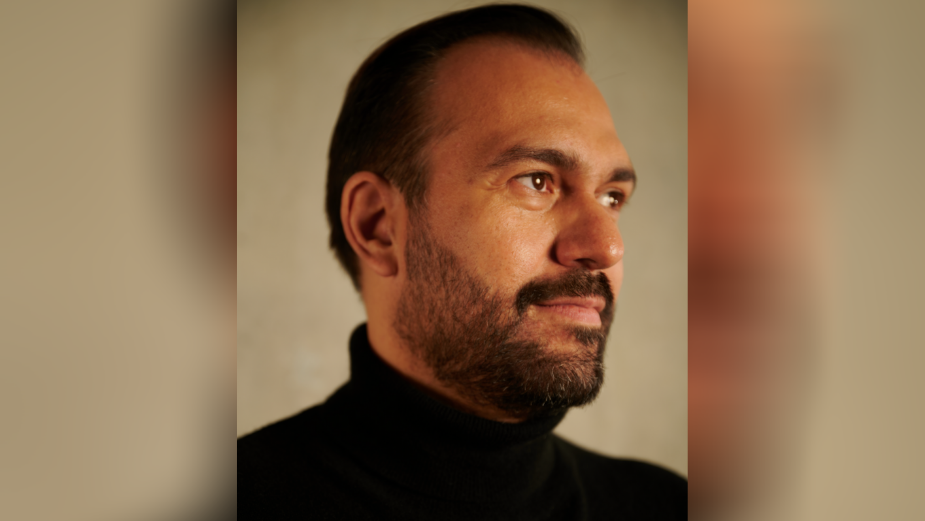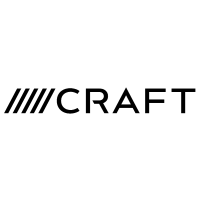
With Great Production Comes Great Responsibility

A couple of years ago, 65% of people believed that global brands were the best way to make the world a better place. After the past few months, with trust in governments and institutions being challenged on many fronts, I imagine that number will only have gone up. I wonder, also, how many brands believe that working closely with the production community is key to meeting this consumer desire.
As part of meeting that desire, I wonder how many brands have realised that production is the art of giving life to ideas.
Over the past decade, complexity and change has been so overwhelming that our industry’s focus has been on how we deliver in an ever-changing world with new ways of working (and plenty of new channels) without compromising the creative. We have talked about integrated production, in-house vs external production, decoupling and offshoring in a bid to address these challenges.
What we have not talked about enough is that we have the power to facilitate what ends up on a screen, we have the power to reduce the impact on the environment, and we have the power to work in a multicultural environment. Our responsibility is to not waste that power and convert it into meaningful actions.
Diversity
How brands portray individuals, families, groups of friends or couples. The way they behave. The way they look. That becomes pop culture and normalised over time. We did it in the '50s with the nuclear family. Be it in movies, TV, or ads, the ‘traditional’ family setup was regarded as the only serious way to speak to a mass audience. That stereotype became so ingrained, it’s still yet to be comprehensively unpicked today - though plenty of evidence exists to prove its superfluity. Don’t get me wrong, producers do not carry the full responsibility, but we were all complicit in its prevalence.
As brands commit to diversity and inclusion we need to help them by bringing talent from different races, cultures, body types, and more. Not just when it is specified in a brief, but always. The casting selection should be based on the quality of the performer while being mindful of the demographic composition within the market and the goal of featuring such market diversity.
Equally important is to find locations and design wardrobes which acknowledge a broad variety of lifestyles, backgrounds and tastes.
This is a shift on the way we brief, talk and feedback. Production is at the centre of facilitating this, because if we do not bring those elements to the table then brands won’t be able to normalise the diverse world they are committed to.
Environment
The environmental impact of the work we do for brands goes well beyond banning plastic water bottles and cutlery on shoots.
When looking closely at the work we do and how we do it, there are myriad opportunities for brands to improve the environment. For starters eliminating over 70 million tonnes of CO2. That is the impact that the production industry has had by switching to remote shooting in 2020. While I am not saying that moving forward we should eliminate on-set shoots, the number is too big to ignore and poses the question of how much travel is really needed?
Brands are the biggest consumers of paper in the world. Packaging, out of home, leaflets, catalogues - and yet brands were left to either use less quality, more sustainable print runs or continue to use non-recycled paper.
When one of our clients came to us with this problem, our print management at McCann worked with Leipa, a leading paper mill, to develop a stock of paper 100% manufactured from recycled paper. It’s much whiter than most papers so it gives a much brighter optical print quality to the client. Along the way, we now save 12,000 trees and 20,000 litres of water a year.
In the Out of Home world we are introducing our brands to Pureti, an invisible ink that purifies the air and it is self cleaning. Every billboard offsets the equivalent of 2 cars per year.
Inclusion
Within the industry, we need to continue to improve the way we embrace all types of genders and races within our teams - because production thrives on diversity. Production, ultimately, is about new ways of looking at things and problem-solving.
Every so often, I will be somewhat unceremoniously reminded of how insular our industry can be. There are people - many of them - out there who simply don’t know that it’s possible to have a career producing adverts. Creative minds of less privileged backgrounds try to make it in entertainment because they are not aware that we exist. Music composers, animators, programmers,… We need to continue to bring creative minded people of any background to production, and help them to unleash their talent in a way that elevates the work.
Industry Benefits
There is an element of self-interest, too, when it comes to acting responsibly. On the New York Stock Exchange, there is now a pool of companies who are listed as environmentally responsible. So if a company isn’t part of that pool, it’s not going to have access to investors on the same level that their rivals will.
The argument for sustainability, then, is overwhelming from both an ethical and a practical standpoint. The world that saw sustainability as an expensive luxury no longer exists, and the one we work in now demands it as a minimum requirement. For our part at McCann, we’ve been putting our values - both in terms of sustainability and diversity - into practice with some of our biggest clients.
Creativity, too, stands to benefit from a socially responsible approach. I remember around four years ago, we were having a conversation about female directors being massively under-represented in the bidding process. So when we started up our studio in Barcelona, we were working with the Barcelona Opera House. We decided to work with a female director on the project (she was clearly the best person for the job), and we won our first-ever Bronze Lion in the cinematography category. I believe our industry is overdue for a similar moment - with similar creative rewards - when it comes to diversity and sustainability.
A Creative Renaissance
In 2021, people are asking brands to change the world more than ever. Meanwhile the lines between responsible business communication, social media and brand advertising are blurring.
This is a great opportunity for brands to have a two way conversation with their audience and tell their story in a creative way. For various reasons - some but not all of which are related to the pandemic - I would go so far as to say that we are in the midst of a creative crisis.
But this crisis opens the door to fantastic opportunities to develop innovative and award-winning work while fulfilling the brand’s ambition to make the world a better place and power a creative renaissance.
Production has the power and the responsibility to do it. If it delivers on this ambition, production will rightly be regarded as the art of giving ideas to life and the wider world at large.














